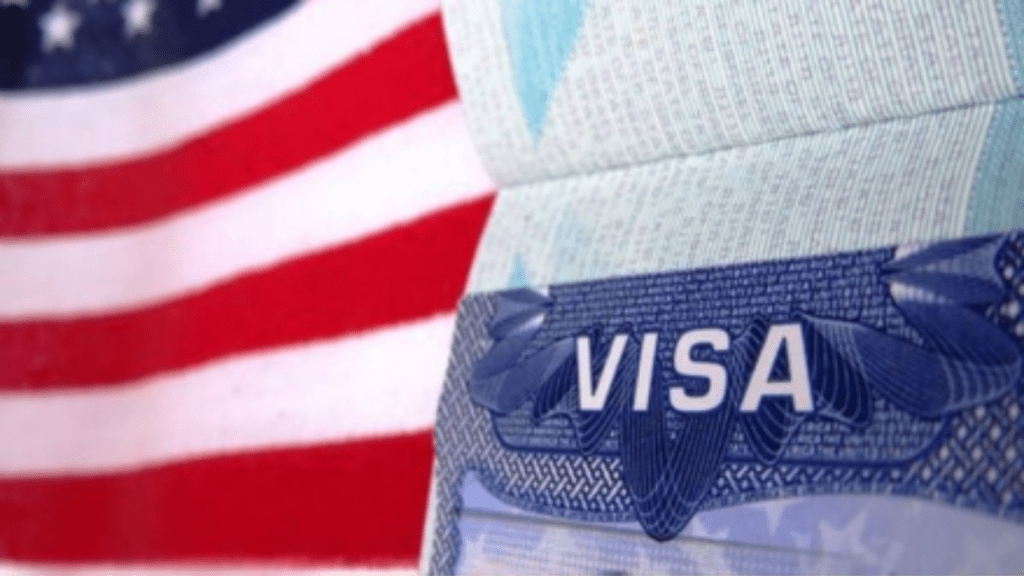With US hiking steep $100,000 fee on new H-1B visas for foreign workers, the question is how would it impact the margins for the IT sector companies. Well, Crisil highlights that the impact won’t be much. The rating agency noted that it will trim only 10-20 basis points operating margins of Indian IT services firms by next fiscal.
Visa costs may rise from negligible to 1% of wage bill
Crisil noted that visa costs will still remain small compared to overall salaries. Employee costs accounted for 55–57% of sales last fiscal, while visa-related expenses were negligible at 0.02–0.05% of the total wage bill. H-1B visa fees currently range between $2,000 -5,000 per person. If 35% of applications continue to be for new jobs, as in 2023–2024, the new $100,000 levy could push visa costs to about 1% of total employee costs. If fewer fresh applications are made, costs are likely to remain in the 0.3–0.6% range.
H-1B fee hike to hit US inflows, accelerate offshoring
Crisil noted that, “The visa fee hike is likely to reduce both the inflows and the share of US over the medium term.” It highlights that tier-1 IT companies earn 96% of their revenue overseas, with the US alone contributing about 53%. Last fiscal, the industry exported $119 billion in services, underlining its role in global outsourcing. India received $118.7 billion in remittances in FY24, with nearly 23% coming from the US.
Crisil highlighted that the fee increase will further accelerate offshoring and discourage students from pursuing higher education in the US.
Impact kicks in only next fiscal
The report highlighted that there will be no impact in the current fiscal as the new visa fee applies only to new H-1B visas and excludes existing holders and renewals. It highlights that India’s IT services sector is expected to clock $143-145 billion in revenue this fiscal, growing 2-4% from last year. Growth next year, however, is expected to remain marginal or flat.
Visa dependence already falling
Crisil noted that Indian IT companies have been steadily reducing reliance on H-1B visas since 2018, when the denial rate spiked to 24%. Firms responded by scaling up offshore delivery, opening nearshore centres, and hiring locally in the US. Moreover, analysts believe that companies will pass on 30-70% of the additional cost to clients, softening the impact on their profitability.
The number of Indian employees on H-1B visas at TCS, Infosys, Wipro and HCL Technologies nearly halved between 2017 and 2025—from 34,507 to 17,997—showing a negative CAGR of 9%, according to data by USIC. The denial rate has since eased to 3% in 2024.
